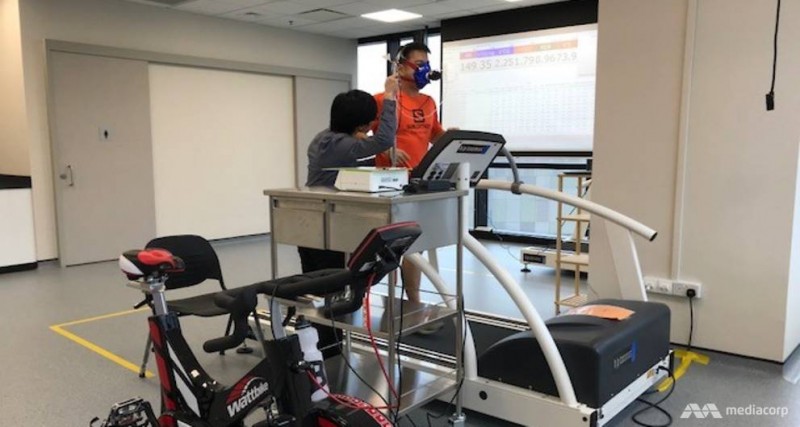Senior Minister of State for Health, Dr Amy Khor, opened the Population and Community Health Laboratories, which is located at the Lee Kong Chian School of Medicine (LKCMedicine) campus in Novena.
The labs house various centres that work on addressing the health concerns of Singaporeans including effective treatment, early prevention and health management.
Dr Khor noted the rising importance of population health management, given the shifting demographics.
“By 2030, we expect the number of seniors aged 65 and above to double to 900,000. With many living longer, chronic diseases such as cardiovascular disease and diabetes are rising sharply,” she said.
Dr Khor added that there is an “urgent need” to move beyond just disease management to improving the health of the entire Singapore population.
“The launch of LKCMedicine’s Population and Community Health Laboratories is timely as Singapore earnestly prepares for our rapidly ageing population,” she said. “The research conducted in these laboratories will improve chronic disease prevention and management, and help people to lead healthier lives for longer.”
The venue is made up of a centre for population health sciences, as well as one for primary healthcare research and innovation. There is also an exercise medicine and physiology laboratory.
It is also home to the clinical research centre, which has already embarked on a 20-year in-depth study called Health for Life in Singapore (HELIOS). Led by LKCMedicine Professor of Cardiovascular Epidemiology John Chambers, it aims to assess the health of Singaporeans to better predict and prevent chronic diseases.
The study commenced in July 2017 and 800 Singaporeans and permanent residents aged between 30 to 84 have been recruited to provide their health data. It aims to assess over 10,000 people in the first phase of the study over the next 18 months (until end-2019).
Professor Chambers said the data will identify the genetic and environmental factors that underpin the development of obesity, diabetes, cardiovascular and other complex diseases affecting Singaporeans.
“It’s the first comprehensive large-scale study of its kind in Singapore. Participants also benefit as they will get a personal health report and find out their health status and what’s important to them on an individual level,” he said.
Through a comprehensive baseline health assessment of volunteers, researchers can also detect new markers of disease that are present even before the first symptoms show. This will bring the concept of personalised or precision medicine to the field of preventive care.
Participants are being recruited via outreach efforts as well as through a partnership with the National Healthcare Group.
Article & picture from CHANNEL NEWSASIA


